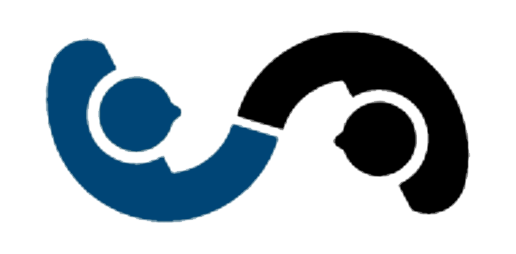Pregnant women advised to avoid animals that are giving birth
Public Health Wales is reminding pregnant women to avoid close contact with animals that are giving birth.
Pregnant women who come into close contact with sheep during lambing or other farm animals that are giving birth may risk their own health, and that of their unborn child, from infections that such animals can carry.
Therefore Public Health England, the Department of Health, the Department for Environment, Food and Rural Affairs, the Animal and Plant Health Agency and the Health and Safety Executive, in association with the Welsh Government and Public Health Wales, the Scottish Government and Health Protection Scotland and the Departments of Agriculture and Rural Development (DARD) and of Health, Social Services and Public Safety (DHSSPS) in Northern Ireland have issued annual advice for a number of years that women who are or may be pregnant should avoid animals that are giving, or have recently given, birth.
Although the number of human pregnancies affected by contact with an infected animal is extremely small, it is important that pregnant women are aware of the potential risks and take appropriate precautions.
These risks are not only associated with sheep, nor confined only to the spring (when the majority of lambs are born). Cattle and goats that have recently given birth can also carry similar infections.
To avoid the possible risk of infection, pregnant women should:
- not help ewes to lamb, or provide assistance to a cow that is calving or a nanny goat that is kidding;
- avoid contact with aborted or new-born lambs, calves or kids or with the afterbirth, birthing fluids or materials (e.g. bedding) contaminated by such birth products;
- avoid handling (including washing) clothing, boots or any materials that may have come into contact with animals that have recently given birth, their young or afterbirths. Potentially contaminated clothing will be safe to handle after being washed on a hot cycle;
- ensure contacts or partners who have attended lambing ewes or other animals giving birth take appropriate health and hygiene precautions, including the wearing of personal protective equipment and clothing and adequate washing to remove any potential contamination.
Pregnant women should seek medical advice if they experience fever or influenza-like symptoms, or if concerned that they could have acquired infection from a farm environment.
Farmers and livestock keepers have a responsibility to minimise the risks to pregnant women, including members of their family, the public and professional staff visiting farms.
Further advice is available to download from the document:  Q&A for pregnant women during lambing season
Q&A for pregnant women during lambing season
Source
Article originally appeared on the Public Health Wales Health Protection Division website on 11th January available at: http://www.wales.nhs.uk/sites3/news.cfm?orgid=457&contentid=39978


Informative piece!
Thank you Daktari.